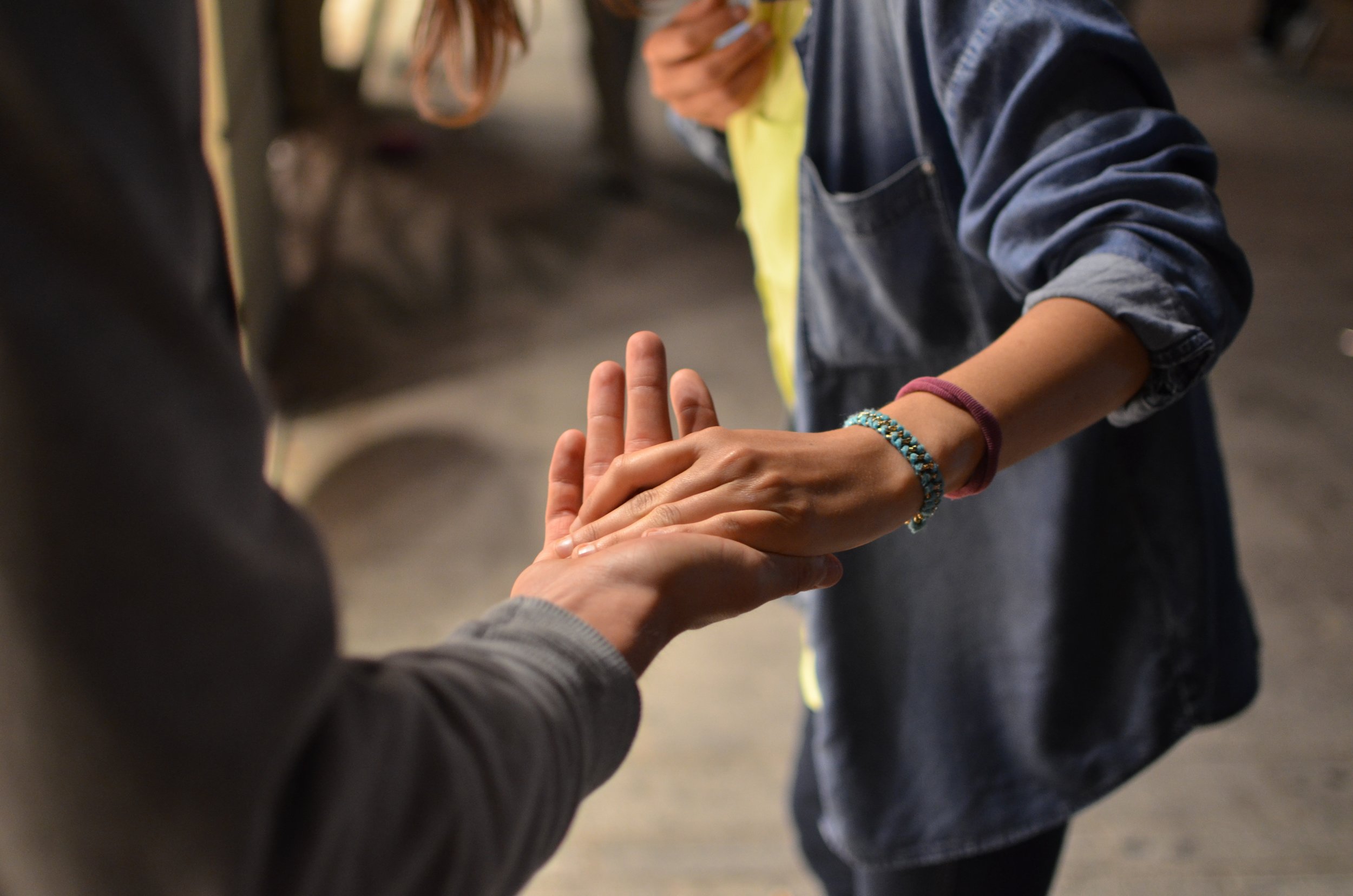I want you to really hear this.
Your pain, rage, confusion, and other reactions are natural responses to discovering and coping with your partner’s sex and porn addiction. You are not crazy, though you may feel like you are going crazy.
You have been deeply wounded and likely traumatized by your partner’s actions. Yes, traumatized. Using the word trauma to describe your experience is not an exaggeration.
While the terms trauma and post-traumatic stress are more commonly recognized, the term relational trauma is less often used. Relational trauma, also known as attachment wounds, is the deep emotional and psychological damage we experience when betrayed by someone close to us. While being betrayed by someone we don’t know too well can still hurt, there are complex layers of pain added when this betrayal is done by someone we really trust.
This person who was a source of comfort and support is now your biggest source of heartache, anger, and pain. How can that not mess with your head? How can that not mess with your heart?
Psychological Trauma
Psychological trauma can be thought of as a deep emotional wound, and in many ways, it is more damaging than a physical wound and can be just as debilitating. We can see a physical wound, clean it out, and bandage it up. But how do you do that with an emotional wound that is under the surface – a wound that is invisible to the naked eye, and a wound that we don’t see and may not even know is there? And if we don’t know the emotional wound is there, how can we heal it?
To help identify if you’ve experienced psychological trauma, there are some common symptoms, and we may experience these immediately or have more of a delayed response. Some of these symptoms include: hyperarousal, sleep disturbance, anxiety, reliving the event, intrusive images, nightmares, withdrawing, depression, dissociation, change in eating habits, and health problems.
These symptoms are not just “in your head” and of course, if you could just “get over it” that easily, you would have done so a long time ago. Don’t let your partner rush your healing process. This is your process.
Ask yourself: Have you experienced any of these symptoms as you’ve struggled to cope with your partner’s sex/porn addiction or emotional/sexual betrayal? If so, you are not alone. It would be abnormal if you experienced such a devastating betrayal by your partner and did not experience a number of these symptoms.
Do I Need Support?
These symptoms are no joke – our mental and emotional wounds can result in physical health concerns, and our physical health can easily impact our emotional health. It is a self-perpetuating cycle of pain we can get stuck in if we don’t ask for help and find support.
Without the proper support, trauma can easily be woven into our lives and manifest in ways that are scary and confusing to us. Trauma can have a major life-changing ripple effect, paving the path for a road of unaware and unhealthy choices. This ripple effect can then impact our children, and the ripples don’t stop there.
The beauty in all of this (which can be hard to find under all the bullshit of this situation) is the miracle of healing. The miracle of healing comes with a lot of hard work, though.
The clients I work with that experience the most progress in their recovery and healing journey are the ones who bust their asses off and do the work in and outside of therapy. Doing more work may not sound appealing, I know. You’ve gone through enough as it is being hurt and manipulated by your partner in this whole process. And you’re probably feeling very angry as you ask yourself, "Why should I have to do any work when my partner is the one who lied, cheated, and betrayed me?" But believe me, it will be that much more difficult getting through this if you aren’t willing to do the work to help begin healing the deep wounds within you. While this might be hard to hear, I think it’s important for me to say: while you are not responsible for your partner’s behaviors, you are responsible for your healing.
And the work is not for your partner. It is for you.
Sure, they may benefit from it. But getting extra support around this is not for them, it is for you. You are worth it. You are worth having a better life that does not revolve around their addiction and their unhealthy choices. Make the statement to yourself that you are deserving of having a life that is not bogged down by constant conflict and pain.
There is hope for you. There is hope for your relationship.


